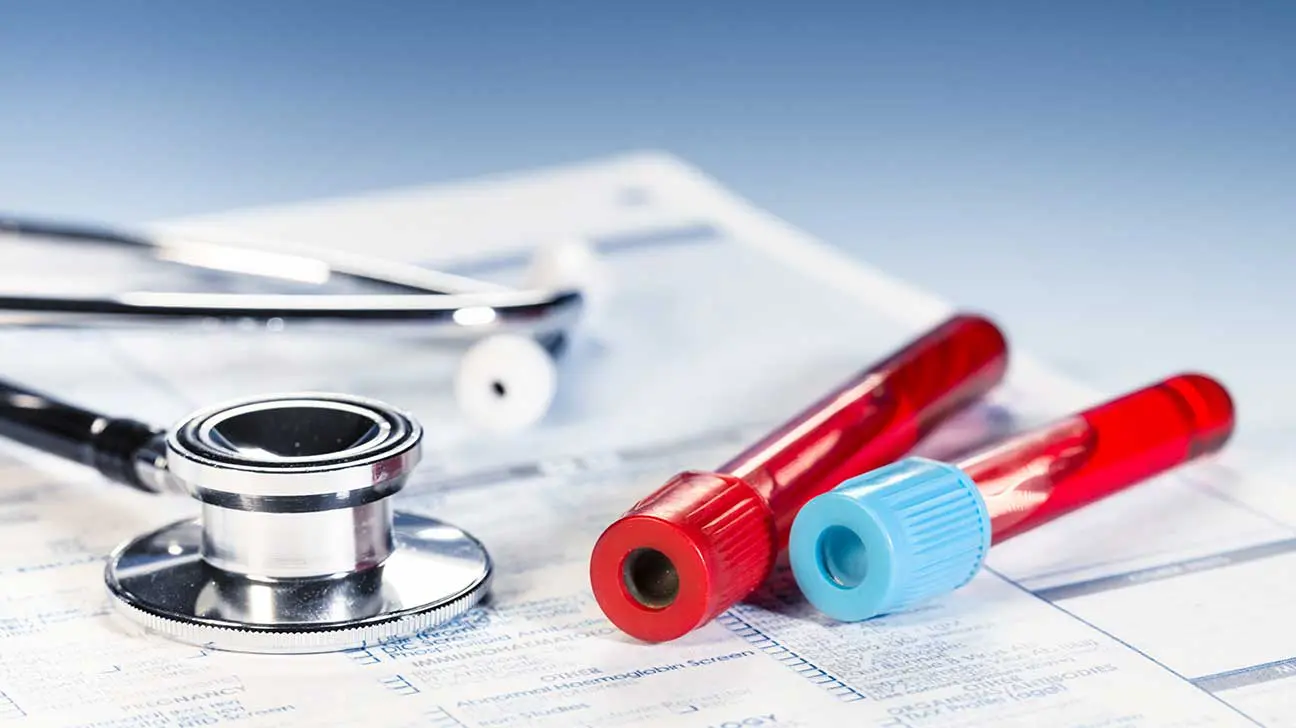
Crack cocaine, also known as freebase, is an illicit drug that can be detected by screening samples of blood collected in a clinical setting.
Crack cocaine use can also be detected through:
- urine tests
- hair tests
- saliva tests
Crack cocaine can be detected in the blood very quickly. As a result of its short half-life, cocaine and its metabolites will also be eliminated from the blood faster than from urine or hair.
Crack Cocaine Detection Time In Blood
Crack cocaine can be detected in a blood sample for up to two days, or 48 hours, after last use. Personal factors, such as whether you’re an infrequent or heavy user, can affect this timeframe.
Additional factors that can affect how long crack cocaine stays in the blood include:
- amount of cocaine used
- level of tolerance
- using multiple drugs (e.g. alcohol, opioids, meth)
- co-occurring physical and mental health conditions
- body fat
- metabolism
Blood tests and oral fluid tests are some of the quickest testing methods to detect crack cocaine use. Unlike powder forms of cocaine, which can be snorted or injected, crack cocaine is typically smoked.
Why Are Blood Tests Ordered For Crack Cocaine Use?
Blood tests can detect crack use in a short amount of time. This type of drug test may be ordered by a healthcare provider, legal entity, or employer for a variety of reasons.
Common reasons for performing a drug test include:
- pre-employment drug testing
- drug-free workplace programs
- prescription drug monitoring
- court-mandated drug testing
- suspicion of illicit drug use
A doctor may order a blood drug test if you have a history of substance abuse and are showing signs of cocaine use.
Common signs include unexplained weight loss, hyperactivity, and unusual changes in heart rate and blood pressure.
How To Get Crack Cocaine Out Of Your System
If you’ve used crack once, getting it out of your blood can be fairly easy. All it takes is about 48 hours on average for traces of the drug to leave the blood.
This may not be so simple for people who are addicted to crack. Crack dependence and addiction can cause withdrawal symptoms if you try to go for more than a few hours without taking more.
It can also be difficult to quit crack because of how psychologically addictive it can be.
If you frequently use crack, seeking professional help through a drug detox program is the safest and most effective way to get crack out of your system.
What Happens If You Test Positive For Crack Cocaine
A positive test result for crack cocaine can sometimes be a sign of a serious drug problem. If you or a loved one tests positive for cocaine use, a drug treatment program may be recommended.
Treatment programs recommended for crack cocaine use include:
- outpatient rehab programs
- inpatient rehab programs
- detox programs
Addiction treatment programs for cocaine use may offer a combination of medical and behavioral health services, such as drug counseling, behavioral therapy, and medication.
Find Help For Crack Cocaine Addiction Today
If you or someone you know is using crack cocaine: You’re not alone. Call our helpline today to learn more about cocaine treatment and how to find treatment for cocaine abuse near you.
Addiction Resource aims to provide only the most current, accurate information in regards to addiction and addiction treatment, which means we only reference the most credible sources available.
These include peer-reviewed journals, government entities and academic institutions, and leaders in addiction healthcare and advocacy. Learn more about how we safeguard our content by viewing our editorial policy.
- University of Rochester Medical Center—Cocaine Screen
https://www.urmc.rochester.edu/encyclopedia/content.aspx?contenttypeid=167&contentid=cocaine_screen - U.S. National Institute on Drug Abuse (NIDA)—Cocaine Research Report
https://www.drugabuse.gov/publications/research-reports/cocaine/what-cocaine - U.S. National Library of Medicine: PubMed—Identification of unique cocaine metabolites and smoking by-products in postmortem blood and urine specimens
https://pubmed.ncbi.nlm.nih.gov/9304829/


